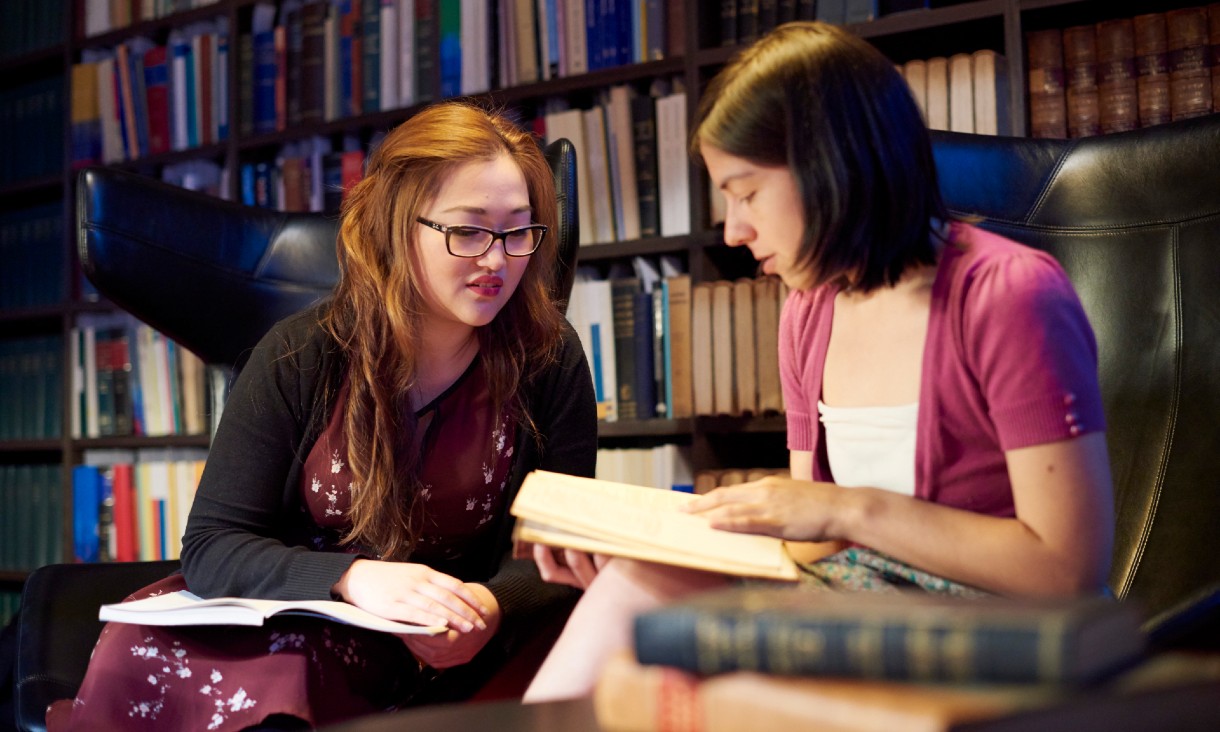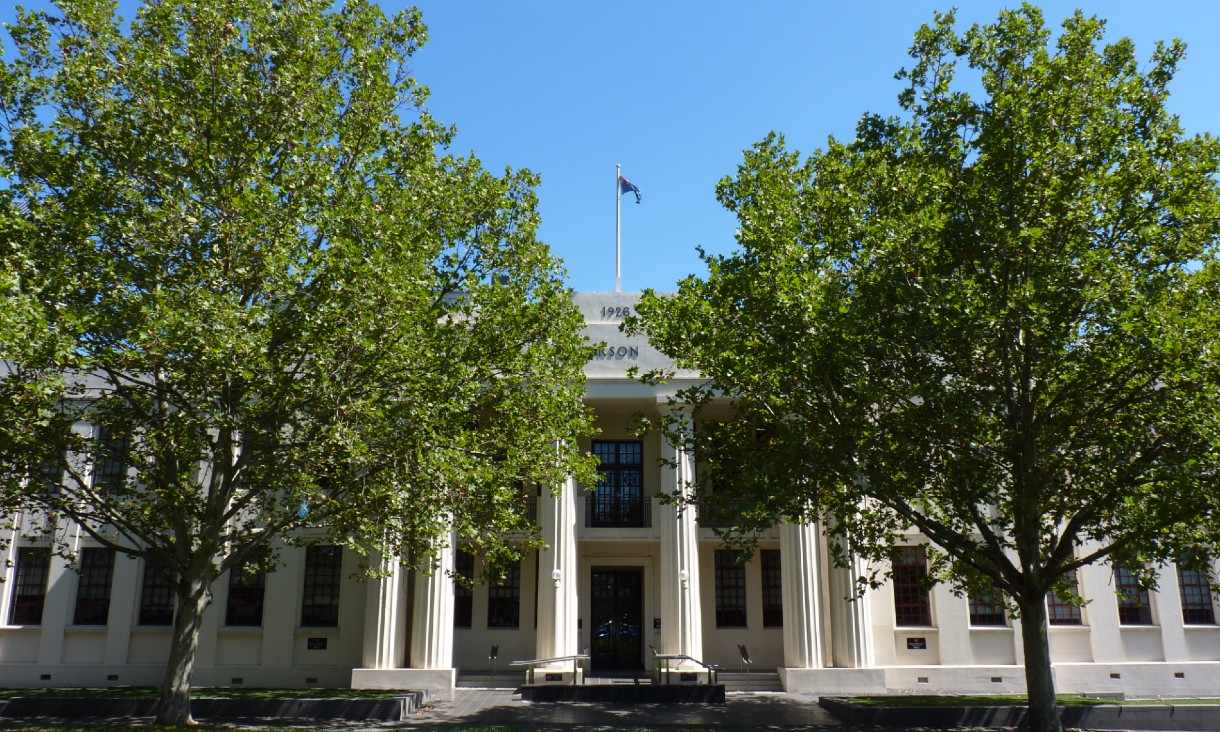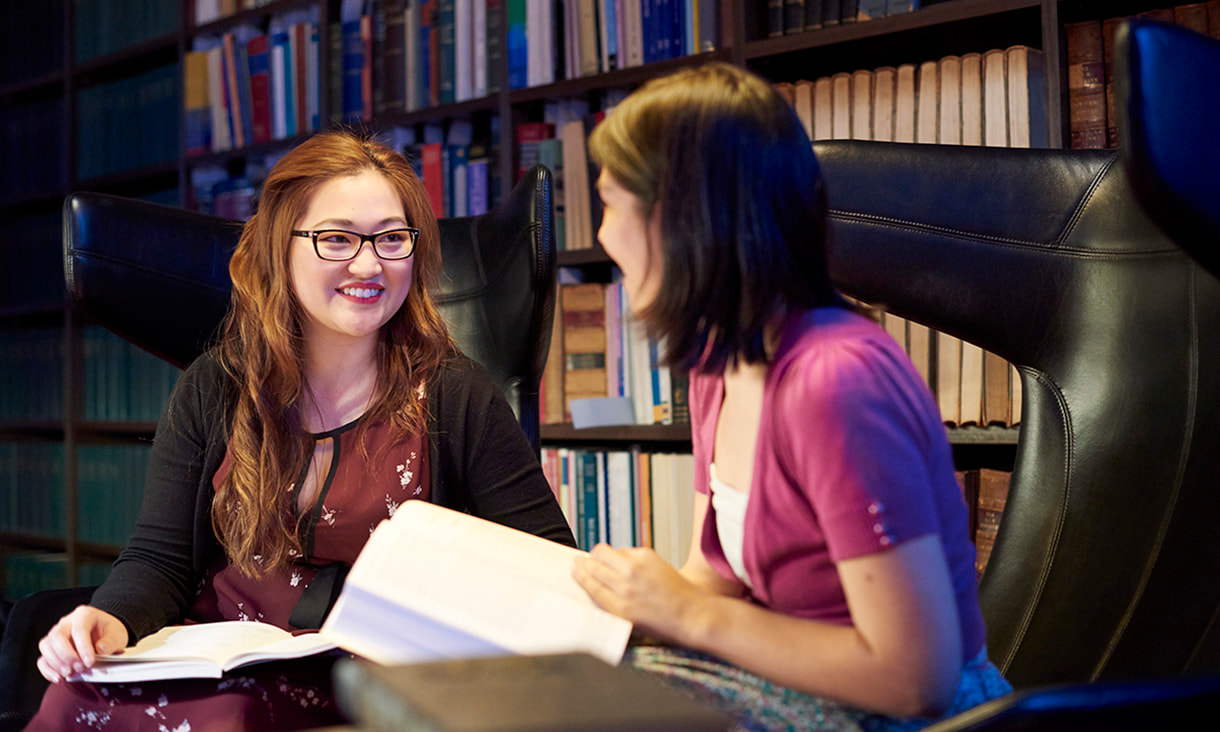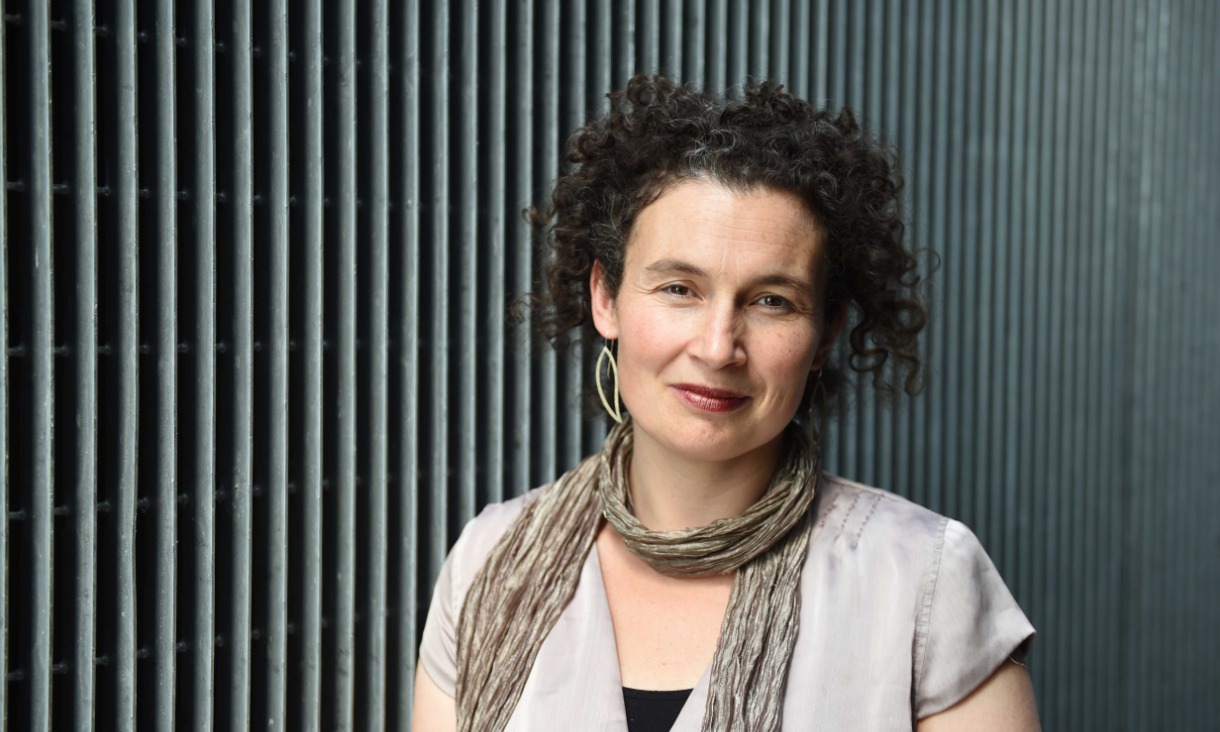How to become a lawyer
Discover what it takes to become a lawyer and how they make a difference every day.
What can I do with a degree in criminology?
Graduates of a criminology degree are well equipped to work in a variety of professional environments within the public and criminal justice sectors.
How to become a criminologist
If you've ever been intrigued by the inner workings of the criminal justice system, or if you're passionate about making a difference in society, then a career as a criminologist in Australia could be the perfect fit for you.





















